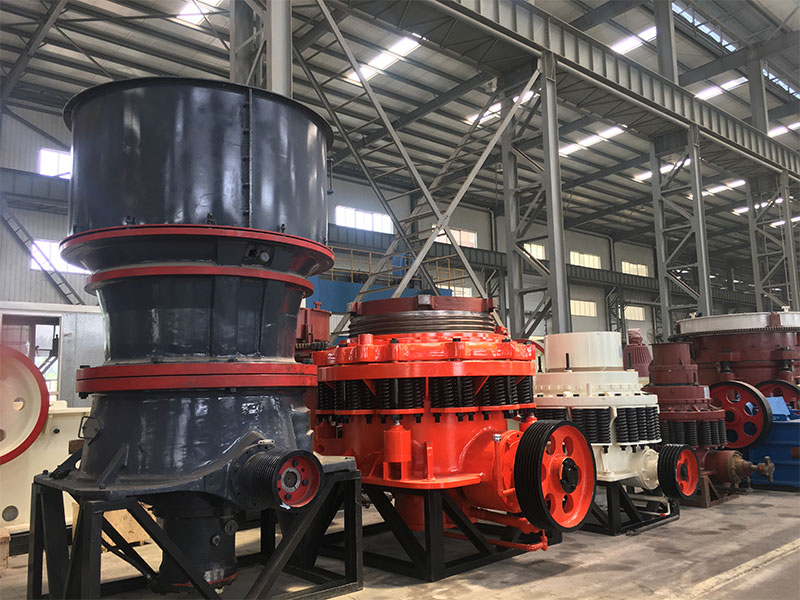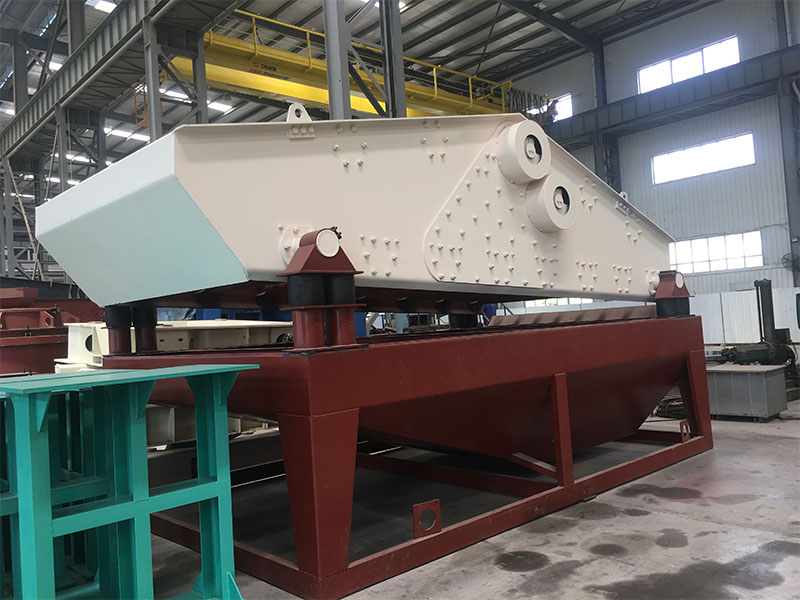Aggregate crushing plants play a crucial role in the construction industry, providing a reliable and efficient means of processing raw materials for various construction applications. These plants are responsible for producing high-quality aggregates such as crushed stone, sand, and gravel that form the foundation of roads, buildings, bridges, and other infrastructure projects.
Production of High-Quality Materials
One of the primary advantages of limestone crusher plant is their ability to produce high-quality construction materials. These plants ensure that raw materials meet the required specifications and have the desired particle size distribution. By employing efficient crushing and screening processes, these plants can produce aggregates with consistent quality and performance. High-quality materials are essential for the durability and longevity of infrastructure projects, ensuring they can withstand heavy loads and adverse environmental conditions.

Cost Savings
Implementing stone crusher and screening plants can result in significant cost savings for construction companies. Instead of relying on expensive pre-crushed materials, companies can produce their own aggregates on-site. This eliminates the need for transportation costs associated with sourcing materials from external suppliers. Moreover, companies have better control over the production process, enabling them to optimize efficiency and reduce wastage. Over time, the cost savings from producing their own aggregates can be substantial, positively impacting the bottom line.
Customized Output
Aggregate crushing plants offer the flexibility to produce a wide range of customized outputs to meet specific project requirements. The crushing process can be adjusted to produce different gradations and sizes of aggregates, allowing for versatility in construction applications. Whether it’s producing materials for road base, concrete, asphalt, or drainage systems, aggregate crushing plants can cater to the unique needs of each project. This customization capability enhances the overall efficiency and effectiveness of construction operations.

Environmental Benefits
Aggregate crushing plants also bring significant environmental benefits to the construction industry. By producing materials on-site, the carbon footprint associated with transportation is greatly reduced. Furthermore, these aggregate crushing plants for sale can incorporate advanced dust suppression and noise reduction technologies to minimize their environmental impact. Additionally, recycling practices can be implemented, where waste concrete and asphalt can be crushed and reused as aggregates, promoting sustainability and reducing the demand for natural resources. By embracing eco-friendly practices, aggregate crushing plants contribute to a greener and more sustainable construction industry.
Conclusion
Aggregate crushing plants are indispensable in the construction industry, providing numerous benefits and value to construction projects. The ability to produce high-quality materials, cost savings, customizable output, and environmental advantages make these mobile crushing plants for sale a vital asset. Construction companies can rely on the consistent supply of high-quality aggregates, optimize their production processes, and reduce overall project costs. The customization options offered by aggregate crushing plants allow for tailored materials that meet specific project requirements. Moreover, the environmental benefits associated with on-site production, including reduced carbon emissions and waste recycling, contribute to a more sustainable construction industry. By recognizing and harnessing the value of aggregate crushing plants, construction companies can elevate their efficiency, profitability, and environmental stewardship.

